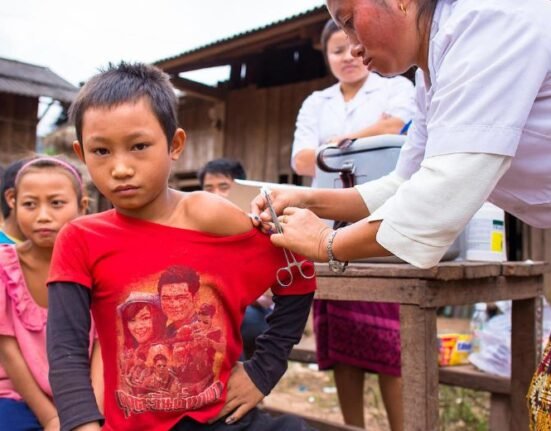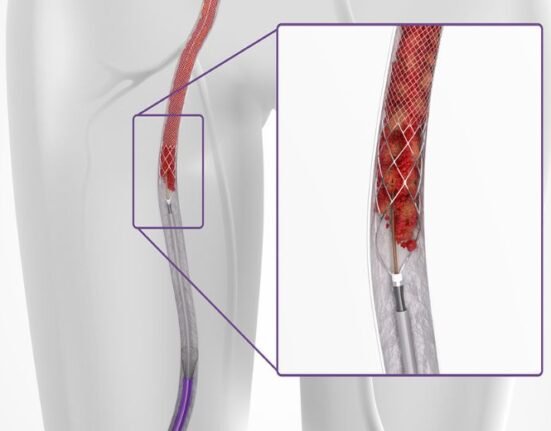HQ Team
July 26, 2023: An unusual rise in cases of Guillain-Barré Syndrome (GBS), a rare neurological disorder, has been reported from Peru, which has declared a state of national health emergency, the WHO stated.
The average monthly number of GBS cases registered is less than 20 suspected cases per month nationwide, according to previous data — excluding the 2019 outbreak, according to a WHO statement.
However, between June, 10 and July 15, 130 suspected cases of GBS have been reported. Out of these cases, 44 have been confirmed. “This increase in the number of observed cases is higher than expected.”
On June 26, 2023, the National Center for Epidemiology, Prevention, and Disease Control (CDC) of Peru issued an epidemiological alert due to the unusual increase in cases in different regions of the country.
National health emergency
The Presidency of the Republic of Peru in early July 2023, declared a national health emergency.
“To date, the potential cause of the unexpected GBS incidence remains under investigation.”
The age group most affected was adults above 30 years (158 cases) while children under 17 years of age accounted for 19% of the cases (44 cases).
More than half of the reported cases (133) were males.
The preliminary clinical manifestations of the 130 cases reported between epidemiological weeks July 10, 2023 and July 15, 2023, include gastrointestinal, respiratory, and fever.
Paralysis progression
In addition, 72.3% of these cases (94 cases) presented with upward progression of paralysis as a neurological manifestation, with other cases presenting with some type of sequelae or a condition that is the consequence of a previous disease or injury.
Between epidemiological weeks 22 samples were collected, of which 14 (63%) were positive for Campylobacter jejuni, one of the most common risk factors for GBS.
The samples were collected from La Libertad, Lima, Piura, Cusco, and Lambayeque, with the sample from Lambayeque.
WHO advised member states to monitor the incidence and trends of neurological disorders, especially GBS, to identify variations against their expected baseline values and implement protocols for improved patient management.
“By closely observing and tracking these conditions, countries can effectively respond to any changes and ensure appropriate measures are in place to address potential public health concerns.”
Elevated protein levels
The syndrome varies in its severity, including fatal outcomes.
It is the most common form of acute flaccid paralysis worldwide and is characterized by motor weakness, areflexia or absence of muscle reflexes, sensory abnormalities, and elevated protein levels in cerebrospinal fluid.
Most often, an upper respiratory or gastrointestinal illness typically precedes GBS.
There is currently no known cure for GBS. However, people with GBS need supportive treatment, sometimes in intensive care and follow-up.
In 2019, Peru reported an unprecedented outbreak of GBS that affected several regions of the country, with almost 700 reported cases.








